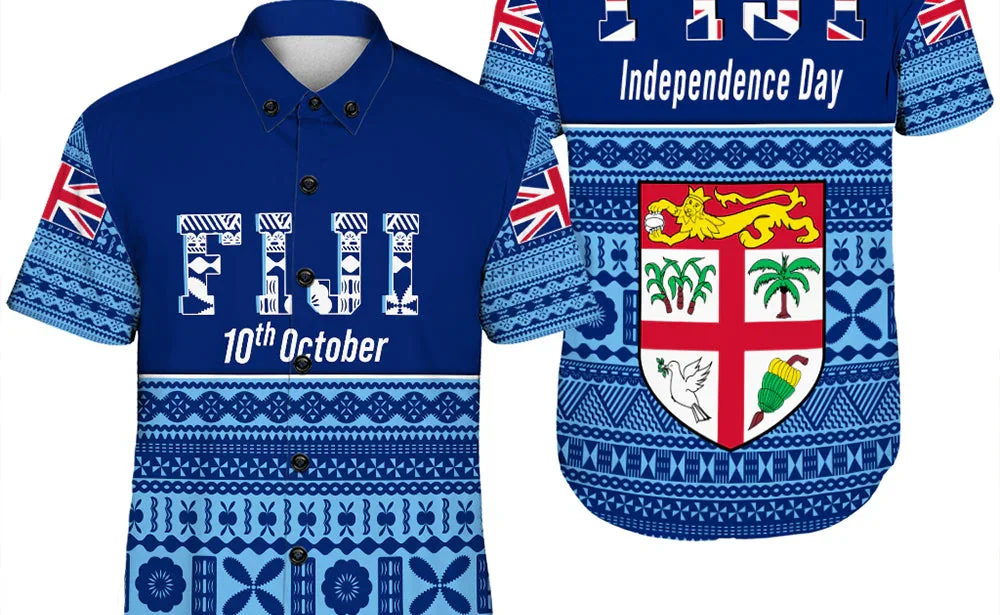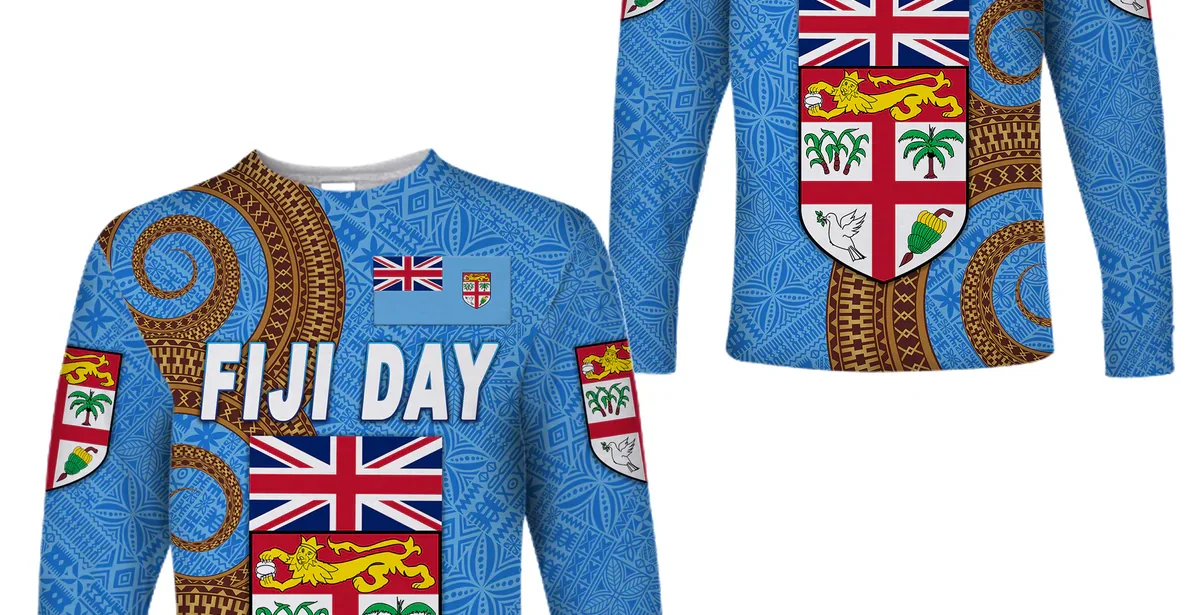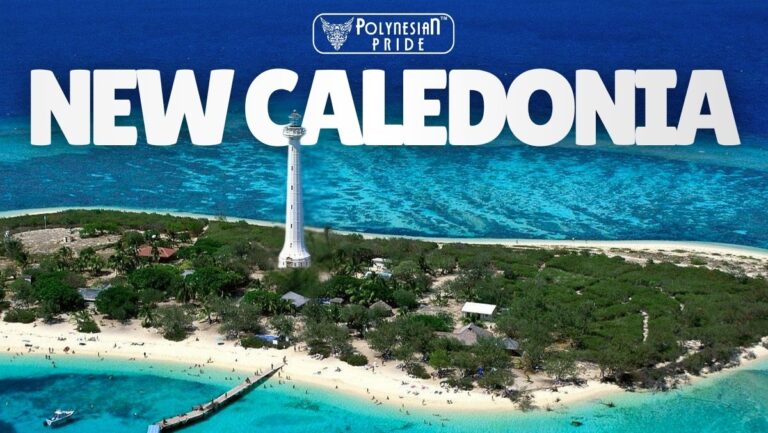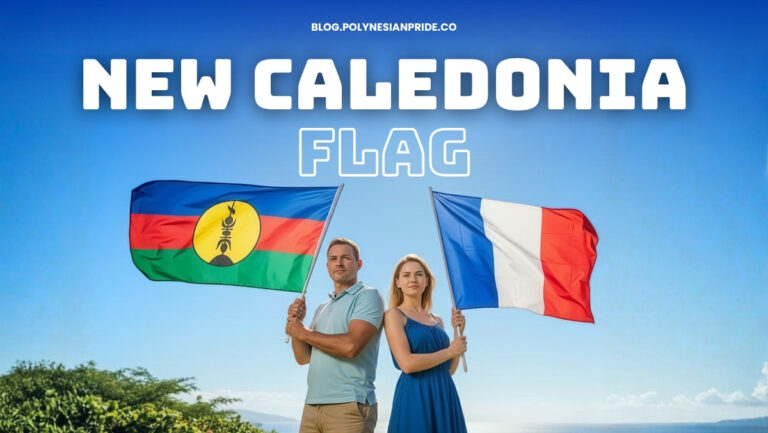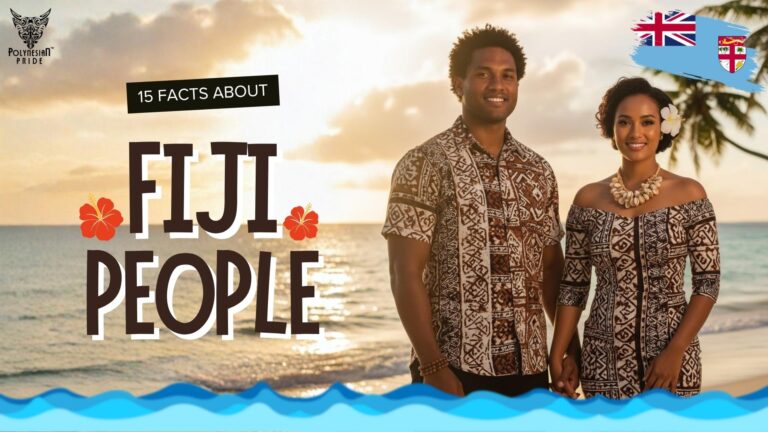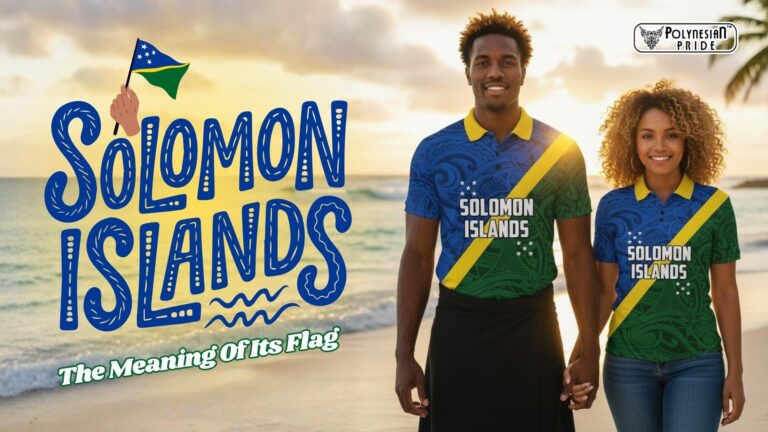Independence Day in Fiji 2024: Celebrating Freedom & Unity

The sun shines brightly over the turquoise waters of the Pacific, casting a warm glow on the lush islands of Fiji. On October 10th, Fijians come together to commemorate a significant milestone – Fiji’s Independence Day. This day marks 53 years of freedom from British colonial rule, a time of national pride and celebration. As the Fijian flag flutters in the breeze, a sense of unity and freedom resonates through the islands, reminding everyone of the journey toward independence and the spirit that binds the nation together.
When Is Independence Day in Fiji?
Fiji’s Independence Day, celebrated on October 10th, is immensely significant for all Fijians. It’s a day when the nation comes alive with ceremonies, parades, and cultural festivities – a true reflection of Fijian pride and heritage. The atmosphere is electric as communities across the islands prepare for various events that underline this special occasion’s importance.
The Road to Independence Day in Fiji
Historical Context
Understanding the significance of Independence Day in Fiji requires exploring its historical context. Fiji was officially ceded to British rule in 1874, beginning nearly a century of colonial governance. This period brought profound changes in management, economics, and society, often at the expense of the indigenous population. The colonization process introduced new systems of labor and agriculture, leading to economic dependency and social inequality.
The seeds of resistance and self-determination began to take root in the early twentieth century. The call for self-governance grew louder, culminating in achieving internal self-government in 1970. Fijians fully understood that they were close to achieving complete independence – a goal they would soon attain.

The Struggle for Self-Governance
British colonial rule marked Fiji’s journey to independence with challenges and complexities. Before they achieved independence, Fijians had long nurtured a desire for self-governance. In the early twentieth century, political parties and organizations advocating for the rights of the Indigenous population began gaining momentum.
One such effort was the formation of the Fijian Association in the 1900s, which sought to voice concerns regarding land rights and governance. By the mid-century, growing discontent fueled protests and demands for reform. Political leaders emerged, articulating a vision of a sovereign Fiji that sought to unify both indigenous Fijians and Indo-Fijians, the latter being descendants of indentured laborers brought by the British.

Achieving Independence

In 1965, the British government finally agreed to grant internal self-government, allowing Fijians to elect their leaders under a new constitution. This exception was a significant step forward, laying the groundwork for declaring independence. Leaders like Sir Ratu Sir Kamisese Mara were crucial in guiding the nation toward self-determination.
On October 10th, 1970, Fiji officially gained independence from the United Kingdom, becoming a sovereign nation. Celebrations erupted across the islands with a mood of joy and relief. This newfound freedom allowed Fijians to reclaim their identity, chart their course, and build a nation reflective of their values and aspirations.
A National Holiday of Pride and Celebration
Independence Day is recognized as a national holiday in Fiji. It serves as both a reminder of the struggles endured during colonial times and a celebration of the nation’s sovereignty. Schools close, businesses observe reduced hours, and local governments host formal events to honor the nation’s independence.
The celebratory spirit extends beyond official ceremonies; it’s a time for families and friends to celebrate. People prepare traditional foods, fill the air with music, and share stories of resilience and hope across generations. Whether in urban centers like Suva or rural villages, unity, pride, and a collective commitment to shaping a bright future resonate throughout the islands.

Discover the rich heritage and vibrant styles that define the islands—explore our deep dive into Fiji Traditional Clothing and get inspired by timeless island fashion!
The Significance of Independence Day in Fiji
Independence Day is a cornerstone of Fijian national identity, holding immense significance for the people of Fiji. It is a day for reflecting on the past, acknowledging the present, and envisioning the future.
A New National Identity
Fiji’s independence marked the dawn of a new national identity distinct from its colonial past. No longer merely a British colony, Fiji embraced its uniqueness and diversity. The Fijian identity embodies a blend of indigenous customs, traditions, and languages, interwoven with cultural influences from the Indo-Fijian community and other ethnic groups. This newfound identity fostered pride, instilling a sense of belonging and solidarity among its people.
Empowerment Through Self-Governance
Independence translated into self-governance, enabling Fijians to control their destiny and make decisions that directly affect their lives. The ability to establish their government resonated deeply within the people’s hearts. They could now engage in democratic processes, voice their opinions, and advocate for their rights.

Cultural Preservation and Celebration
One of the most significant aspects of Fiji’s independence is the opportunity to preserve and promote its rich cultural heritage. Post-independence, Fijians have taken proactive steps to safeguard traditional practices, languages, and communal values that define their identity. Cultural festivals, storytelling sessions, and traditional dances and music performances serve as avenues for transmitting knowledge and fostering pride in Fijian culture.
Economic Independence and Growth
Independence also heralded a new chapter in Fiji’s economic trajectory. Post-colonial policies allowed the nation to pursue its development strategy, moving away from reliance on colonial structures. Since then, efforts have focused on building a diversified economy driven by tourism, agriculture, and trade.
How Fijians Celebrate Independence Day
Independence Day is a vibrant and joyous occasion marked by various celebrations showcasing the essence of Fijian culture and unity.

Fiji Independence Day Themes
The Fijian government selects a unique theme for each year’s Fiji Week celebrations, reflecting the nation’s aspirations and values. For instance, in 2013, the theme was “Moving together in unity to ensure a prosperous Fiji”, emphasizing the importance of national cohesion and progress. This theme, like others, aimed to inspire unity among the diverse communities of Fiji, fostering a sense of shared purpose and collective growth.
Fiji Week: A Celebration of Unity and Heritage
Fiji Week is a week-long celebration that leads to Fiji Day on October 10th. The week features various cultural performances, religious ceremonies, and events that celebrate the nation’s unity and diversity, focusing on the Fijian and Indian communities and Christian, Muslim, and Hindu traditions. You’ll often see participants dressed in traditional Fijian clothing during these events, adding vibrant color and cultural pride to the festivities. Each year, a new theme is chosen for the festivities, highlighting Fiji’s rich cultural heritage and shared history.
Military Parades and Ceremonies
One of the most anticipated events on Fiji Day is the military parade, a powerful display of national pride and discipline. The parade typically involves the Fijian military forces marching in full regalia and raising the national flag. This ceremony symbolizes the nation’s strength and unity, paying tribute to those who have served to protect the country’s sovereignty.

Flag Raising and Gun Salutes
The flag-raising ceremony reflects the Fijian people’s deep respect for their nation in a solemn moment. As the national flag rises, the atmosphere fills with patriotism. A gun salute often follows, adding to the grandeur as a traditional military honor. These ceremonies occur in critical locations like Albert Park in Suva, the capital city, where government officials, military personnel, and citizens gather to witness the occasion.
Re-enactments of the Deed of Cession
Another key highlight of The Independence Day in Fiji celebrations is the re-enactment of the Deed of Cession. This historical event, which took place in 1874, marked the formal ceding of Fiji to British rule. The re-enactment serves as an educational and cultural experience, reminding Fijians of their colonial past and the journey toward independence. It is a poignant reminder of the struggles and triumphs that have shaped the nation.

Lighting Displays
As evening descends, stunning lighting displays illuminate landmarks and buildings across Fiji in vibrant hues that mirror the colors of the Fijian flag. The lights twinkle against the darkening sky, offering a visual representation of celebration and joy.
Meke: The Heartbeat of Fijian Storytelling
Cultural performances are vital to Fiji Day celebrations, with the traditional “Meke” dance taking center stage. Meke is a form of storytelling through dance and song, where performers narrate stories of Fijian legends, history, and daily life. The rhythmic movements, accompanied by chants and drumming, captivate audiences and offer a glimpse into the rich cultural tapestry of Fiji. These performances are entertaining and serve to preserve and pass down Fijian traditions to future generations.
Other Cultural Exhibitions
In addition to Meke, various other cultural exhibitions also highlight Independence Day in Fiji. These include displays of traditional Fijian arts and crafts, such as weaving and carving, which showcase the skills and creativity of the Fijian people. There are also culinary demonstrations featuring conventional Fijian dishes, allowing visitors to experience the unique flavors of the islands. These exhibitions provide an immersive experience highlighting Fijian culture’s diversity and richness.
Community Gatherings and Picnics
Independence Day in Fiji is also a time for families and friends to gather for picnics and feast on traditional Fijian food. From succulent lovo (a traditional earth oven cooking method) to delectable seafood dishes, the culinary offerings are a source of enjoyment and connection.
Church Services
For many Fijians, Independence Day begins with attending special church services. These gatherings serve as moments of spiritual reflection and gratitude, allowing individuals and families to thank for their freedom while seeking blessings for the future.

Tips for Visitors Observing Independence Day in Fiji
If you’re in Fiji during Independence Day, you’re in for an unforgettable experience. To make the most of your visit:
Respect Local Customs and Traditions: Dress modestly, understand basic Fijian greetings, and engage respectfully with locals.
Attend a Flag Raising Ceremony: Arrive early to witness the ceremony and engage with locals to learn more about the day’s significance.
Embrace the Local Culture: Participate in cultural performances, try traditional Fijian cuisine, and enjoy the festive atmosphere.
Plan Ahead: Be aware of traffic and plan your journey to ensure timely event arrival.
Stay Hydrated and Wear Sunscreen: Fiji’s tropical climate can be intense, so take precautions to stay comfortable.
CONCLUSION
Fiji’s Independence Day celebrates the nation’s rich heritage, resilience, and collective journey toward a brighter future. It embodies the spirit of unity among Fijians from all walks of life. The celebration is a potent reminder of the struggles and victories in the quest for self-determination. As Fijians come together to celebrate their independence, they reaffirm their commitment to building a united nation rooted in respect, harmony, and progress.
FAQs
Is Fiji a country in Oceania?
Yes, Fiji is located in the Oceania region. Fiji is situated in the South Pacific Ocean, northeast of New Zealand and east of Australia. The Fiji Islands country is renowned for its stunning beaches, rich cultural heritage, and welcoming hospitality.
When did Fiji gain independence?
October 10th, 1970
Is Fiji’s Independence Day a public holiday?
Yes, Fiji’s Independence Day is a public holiday. Schools, businesses, and government offices are typically closed, allowing citizens to participate in or enjoy the various events and festivities across the country.
What are Fiji’s historical facts?
Fiji was initially settled approximately 3,500 years ago by a group now known as the “Lapita people.” They named them after the unique and finely crafted pottery they created. Researchers have discovered fragments of this pottery on nearly all Pacific islands east of New Guinea, except in eastern Polynesia.
What country does Fiji belong to?
Fiji, or the Republic of Fiji, is an independent country that does not belong to any other nation. It is a sovereign state located in the South Pacific Ocean.

I am a cultural historian and editor with over 10 years of research into pre-contact Polynesian history, the Lapita migration, and oral traditions. Share the excitement of my latest publications.
My contact:
Email: [email protected]
Tel: +64 21 456 7890

